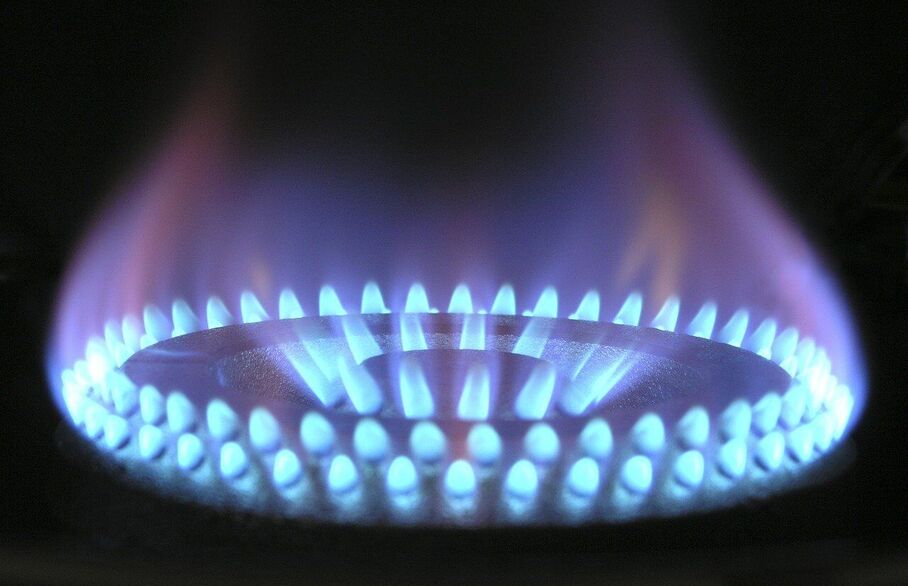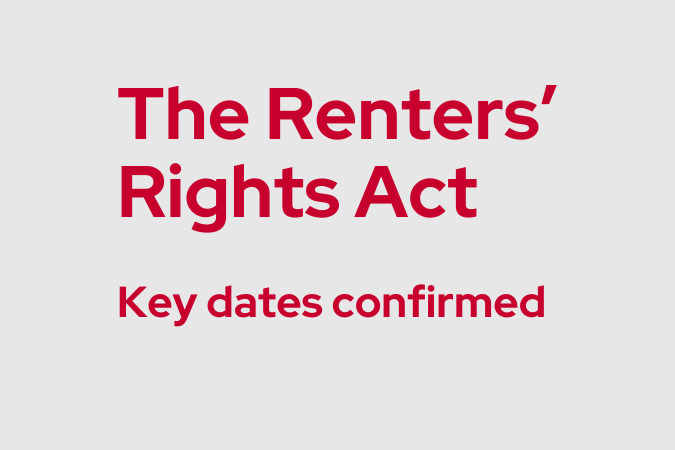Maintaining Gas Safety Standards In Rental Property

It is vital landlords maintain a high standard of safety in their rental property. With the Homes (Fitness for Human Habitation) Act, unhappy tenants can take landlords to court. Therefore, you need to ensure you provide a safe home environment for your tenants.
This is something Thomas Morris is more than happy to help you with. We have a range of branches across the country, which helps us help you. We also follow the latest news and information in the lettings industry.
While Gas Safety Week took place in September, there is never a bad time for landlords to consider their gas safety obligations. The 2020 edition was the tenth Gas Safety Week, but given the importance of gas safety, it is an issue for all landlords to consider.
Landlords must ensure an annual gas safety check is carried out
It is vital landlords arrange an annual gas safety check. This check must be carried out by a qualified engineer, and we can help you stay on top of this matter. We offer a range of property management services, so if you need assistance in managing your rental property, we can help.
Once the check has been concluded, landlords receive a copy of the Gas Safety Certificate from the engineer. This document is often referred to as the CP12.
As part of the awareness week, Gas Safety Register has also published the following ten top tips to keep in mind when it comes to gas safety.
Provide your tenants with a better standard of service
The Gas Safety Register has provided ten tips to help landlords maintain a good standard of gas safety in their rental property:
-
Only use a Gas Safe registered engineer to fit, fix and service your appliances. You can find and check an engineer at GasSafeRegister.co.uk or call 0800 408 5500.
-
Check both sides of your engineer’s Gas Safe Register ID card. Make sure they are qualified for the work you need doing. You can find this information on the back of the card.
-
Have all your gas appliances regularly serviced and safety checked every year. If you rent your home ask for a copy of the landlord’s current Gas Safety Record.
-
Know the six signs of carbon monoxide (CO) poisoning – headaches, dizziness, breathlessness, nausea, collapse and loss of consciousness. Unsafe gas appliances can put you at risk of CO poisoning, gas leaks, fires and explosions.
-
Check gas appliances for warning signs that they are not working properly e.g. lazy yellow flames instead of crisp blue ones, black marks or stains on or around the appliance and too much condensation in the room.
-
Fit an audible carbon monoxide alarm. This will alert you if there is carbon monoxide in your home.
-
Keep vents and chimneys clear. Make sure you don't block any vents, as they are vital to ensure gas appliances burn properly, and chimneys need to be cleaned and checked regularly.
-
Use gas appliances only for their intended purpose. Don't be tempted to use them for something they weren't meant for (e.g using a gas cooker to heat a room).
-
Know the emergency procedure. If you smell gas or suspect immediate danger, make sure you familiarise yourself with the emergency procedure and contact the relevant number for your UK region.
-
Spread the word. Share vital gas safety information with friends, family and neighbours to make sure your community stays safe.
If you are looking for help with any matter of the property market, it is best to speak to property professionals. You can book a sales or rental valuation appointment directly on line at a time and date of your choice by clicking here or alternatively click here for individual branch contact details.






